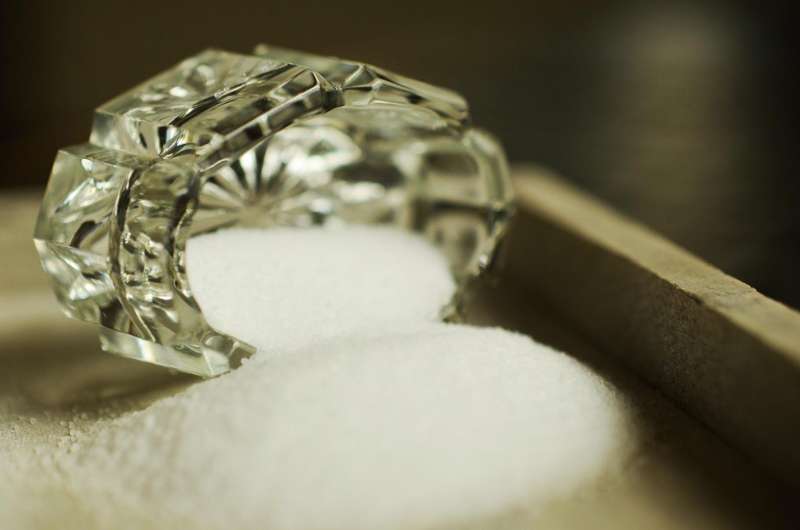Teens and adolescents who consume too much salt show unhealthy changes to blood vessels

Findings of a new study being presented at the 2017 Pediatric Academic Societies Meeting in San Francisco suggest adolescents who consume too much salt have measurable changes in their blood vessels associated with early signs of cardiovascular disease in adults.
Arterial stiffness, sometimes called hardening of the arteries, is a known risk factor for heart attack and stroke in adults. Monitors placed on the skin near major arteries in the arm, neck and groin can detect this condition, which indicates increased risk of heart attack and stroke.
Recent studies have found increased arterial stiffness in youth with risk factors such as obesity, diabetes, hypertension and high cholesterol. Researchers presenting the abstract, "Effect of Dietary Sodium Consumption on Arterial Stiffness in Youth," on Monday, May 8, in the Moscone West Convention Center examined whether too much salt in the diet of teens and adolescents similarly affects their artery walls.
The National Institutes of Health-funded study involved 775 participants recruited from an Ohio children's hospital who were measured for the elasticity or distensibility of their brachial artery (BrachD), located in the upper arm. Pulse wave velocity (PWV) was also measured for differences in the speed that blood traveled between their carotid artery in the neck and femoral artery in the groin. The amount of sodium they consumed was measured with self-reported, 3-day diet records.
Elaine M. Urbina, MD, MS, Director of Preventive Cardiology at Cincinnati Children's Hospital Medical Center and lead author of the study, said the results showed that higher average daily sodium intake was associated with lower BrachD and higher PWV after adjusting for age, race, sex, body-mass index and other blood electrolyte levels that could affect readings.
"Together, these two readings indicated higher levels of stiffness in both peripheral arteries in the extremities, as well as in central arteries, tied to higher sodium consumption," Urbina said.
"It's clear that adolescents and young adults have higher-than-recommended amounts of salt in their diet. Our study suggests this may translate into changes in the body that put them at higher risk for future heart attack and stroke."
Dr. Urbina will present the abstract, "Effect of Dietary Sodium Consumption on Arterial Stiffness in Youth," at 8:30 a.m.

















